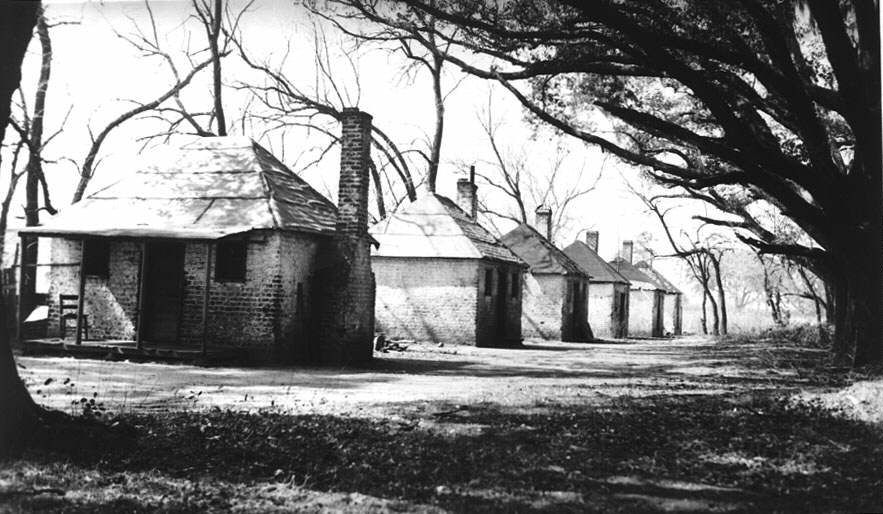Upon first meeting Harriet Beecher Stowe, Abraham Lincoln joked, “so you are the little woman who wrote the book that started this great war.” Although a joke, his remark wasn’t too far off. The book we’re reading held real power. The presses producing copies of Stowe’s work were marching a nation closer to war with every print. As we read Uncle Tom’s Cabin, we may get a fuller picture of the text by considering not only the work but its legacy. How do you convince someone to stand against an evil they’ve never witnessed? To feel a pain they’ve never felt? To cry tears they’ve never shed?

The text has a simple, yet revolutionary approach. Make your characters as relatable as possible and place your reader inside their emotional world. The approach is empathy.
In Chapter V, we find Eliza running to Uncle Tom’s Cabin searching for help, as she’s just found out that her son, along with Uncle Tom, will be sold to a slave trader. Uncle Tom quickly understands exactly what this means for him. Just as he’s attempting to rationalize his betrayal by his master, Uncle Tom breaks down. He turns towards his children and cries into his hands, crying out loudly for a mercy that won’t come. Here, Stowe makes her appeal to her reader:
“Sobs, heavy, hoarse and loud, shook the chair, and great tears fell through his fingers on the floor; just such tears, sir, as you dropped into the coffin where lay your first-born son; such tears, woman, as you shed when you heard the cries of your dying babe. For, sir, he was a man, —and you are but another man. And, woman, though dressed in silk and jewels, you are but a woman, and, in life’s great straits and mighty griefs, ye feel but one sorrow!”
Page 54

Chapter X “The Property is Carried off” is gut-wrenching. In it, Uncle Tom is handed over to Haley the slave trader. The conviction, the resolve, and the silence of the moment drive me to tears. The air that Stowe describes is still and heavy, an air in which you can’t speak, because a single word might set off the tears two lovers are fighting to hold back. Stowe creates subtle windows into the emotional universes of her characters. She made me think of my own grandmother, dutifully cooking a final meal for her other half, because that’s all she can do, taking comfort in knowing she served her duty to the man she loved. I think of the good men I’ve had the privilege of meeting. Seeing their resolve, their selflessness reflected in Uncle Tom’s christ-like attitude. Understanding what he has to do, and even thinking of the safety of his fellow slaves even when faced with what was an understood death sentence. Tom and Chloe’s children huddle around their father for the last time, with their youngest infant playing with Tom’s hair and face, not realizing this may be the last time she’ll see her father. Here is the genius of this novel:
Over and over, Stowe forces her reader to confront the evils of slavery by forcing her reader to acknowledge that they would escape and resist slavery the same way her characters do, and by constantly showing how people of good conscience react when confronted with the evils of slavery.
Not every reader can understand what it means to pick cotton, or the psychological terror of enslavement, or even what it’s like to be whipped. But the horror of family separation, of getting torn away from those you love, of a mother losing her son, is easily understood, because every reader knows the same death and sheds the same tears.